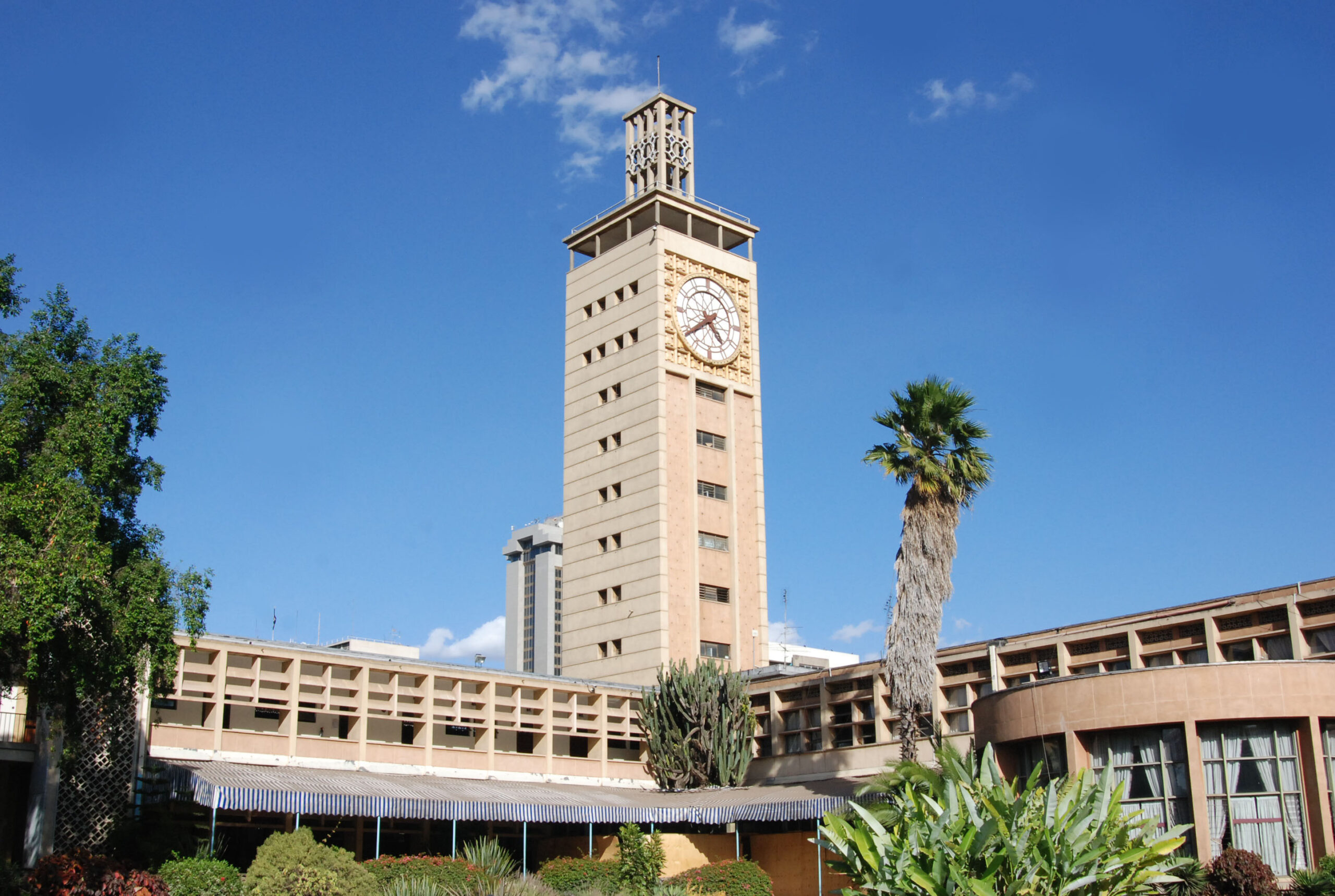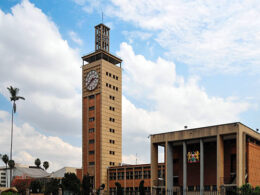NAIROBI,Kenya – Now more than ever since it was enacted in 2017, the need to operationalize the National Coroners Service Act has never been this greater. In the last fortnight, Kenyans have expressed concerns over their safety following the increased wave of mysterious disappearances and killings across the country. In October alone according to data, more than 20 cases of murder have been documented nationwide.
This points to a disturbing trend further exacerbated by a ballooning number of unresolved murder cases with calls to investigative agencies to take swift action and use all available forensic and investigative resources to apprehend perpetrators of these horrible crimes and bring them to justice.
Apart from the statistics, a comparative analysis by the national police service indicate that 339 murder cases have been reported so far in 2024. It is also worth pointing out the macabre nature of the killings, as, in most cases no suspects have been arrested.
Notably in recent months, Kenyans have seen disturbing mysterious cases of disappearances end in brutal killings. Take for instance the macabre Kware killings. Several mutilated bodies of women were found dumped at the site while in gunny bags. While the main suspect was shortly after the discovery of the bodies arrested only to later orchestrate an audacious jail break, putting a stain on the reputation of the national police service, amid a manhunt, justice is yet to be served.
The same can be said about the Shakahola massacre which garnered global notoriety. Hundreds of bodies were recovered with the exhumation temporarily stopped before later resuming. Scores of people have since filled missing persons reports, while flocking to the area in a bid to identify their missing kin which has become an exercise in total mental anguish.
Now, what next? If operationalized, the National Coroners Service Act which establishes a legal framework for investigating deaths in the country especially those involving suspicious, violent or unexplained circumstances, will ensure a thorough and independent investigation in turn ensuring accountability and justice.
With a Coroner General at the helm, coroner services would properly be coordinated ensuring efficient delivery of its mandate which include, timely investigation of deaths as well monitoring and evaluation of individual cases.
Through the National Coroners Council, which the Coroner General would serve as its secretary, the service would be able to streamline and coordinate its activities, with representatives from key government ministries, the Inspector General of Police ,the Director of Public Prosecution and at least two representatives nominated from the Kenya Medical Practitioners, Pharmacists and Dentists Union and Clinical officers council.
Under Section 29 of the Act, the coroner for purposes of investigations is given powers to collect forensic and other evidence and to preserve it as may be necessary. The reporting of a death triggers the coroner’s involvement. Any person can report a death to a coroner or a police officer if the death falls under certain categories of suspicion set out by the legislation.
This process will ensure the utmost protection of forensic evidence as such limiting tampering, interference or even losing of crucial information.
In the wake of the youth-led protests calling for accountability and transparency in government, it is worth noting that police officers were on the spot for using excessive force, clad in balaclava ski masks, making it difficult to identify them and subsequently prefer charges against them particularly in cases where they are alleged to have shot to death protesters.
Had the National Coroners Service Act been operationalized, such cases involving police killings would probably be prosecutable, in turn ensuring justice for victims while ensuring public confidence and trust in our criminal justice system.
Shukri Wachu is a journalist and an Advocacy and Communications Officer at the Kenyan Section of the International Commission of Jurists (ICJ-Kenya). This article was first published on the Daily Nation.











